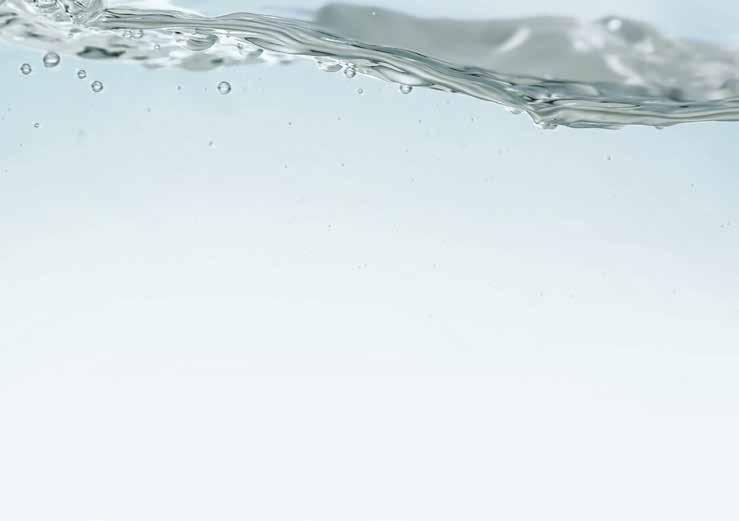Feed Technology
27
Feed production for organic tiger shrimp farming in Madagascar Principles – Constraints – Opportunities By Alexandre Bédier
organic shrimp farming. Organic shrimp farming in Madagascar concentrates on farming the black tiger shrimp (Penaeus monodon) which is naturally abundant locally. Farms are geographically isolated in order to offer a clean and undisturbed environment suitable for farming the tiger shrimp according to the EU organic standards. Farmers have to follow rigorous husbandry practices in order to comply with EU organic regulations amongst which is the exclusive use of organic-certified feed. The shrimp farming industry in Madagascar has been focusing on high-end markets in Europe for decades, generally producing large-sized HOSO (head-on shell-on) shrimp.
A
lthough most of the shrimp farming industry worldwide is on the path of production intensification, several producers take the other route and focus on the rapidly expanding niche organic market. Organic farming is regarded as one of the sustainable ways of farming. In the European Union (EU), it is regulated by Regulations (EC) No 834/2007, (EC) No 889/2008 and the EU import guideline. EU organic farming is not restricted to the EU territories and can be practiced outside its borders by following equivalent standards. The shrimp farming industry in Madagascar has been focusing on high-end markets for decades, generally producing large-sized HOSO (head-on shell-on) shrimp. Thanks to market opportunities and appropriate farming conditions, most of the farmers have adopted
Located on the nearby French territory Reunion Island, NUTRIMA is the leading shrimp feed supplier for Madagascar. The company supports the Malagasy organic shrimp farmers by providing a reliable supply of tailor-made organic feed. Since organic feed cannot contain preservatives, proximity to the farms enables fast delivery to maintain the feed’s freshness for optimal performance.
Complementary feed in organic shrimp farming Organic shrimp feed is fundamentally considered as a complementary feed, meaning that the shrimp does not rely exclusively on the feed for its nutrient uptake but has to take advantage of the pond’s natural productivity. In this regard, organic tiger shrimp farming is practiced in natural earthen ponds without bottom liners. In order to comply with the EU standards for organic feed, organic shrimp feed has to be formulated with the following principles in mind:
January/February 2021 AQUA Culture Asia Pacific










